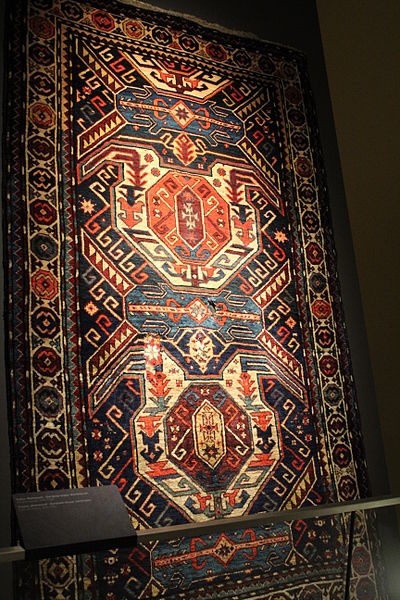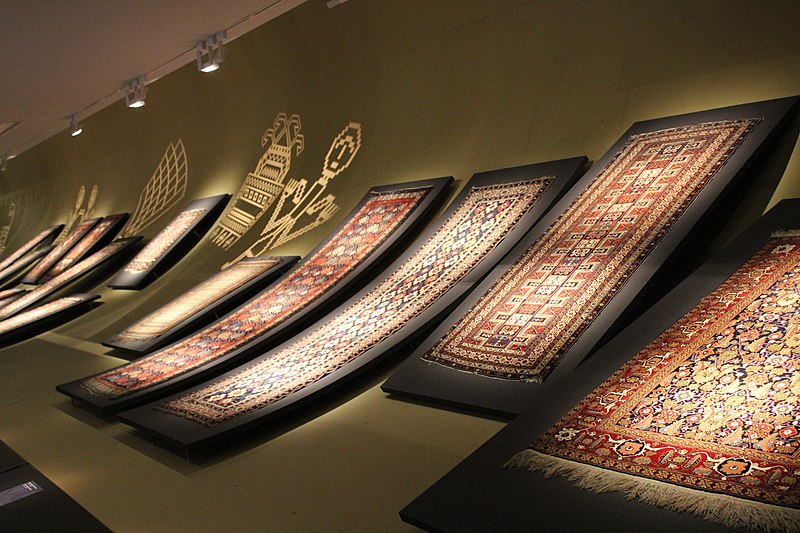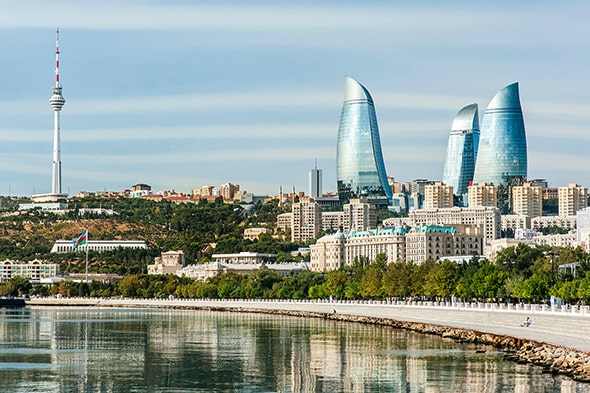Tourism Influencers: An Introduction to the Field and How it Works
Tourism influencers vary in their effectiveness for destination marketing, and Gulf Reps can help you navigate this minefield. In the digital world, we are constantly exposed to an abundance of information. Whether it’s about a new brand or product, or an untapped market for potential expansion, there is always something that can be learned from another source. That is where influencers come in. A tourist influencer is one who actively promotes and markets a destination through social media so that more people will want to visit. This can be done by posting pictures and videos of their experience at a location, tagging it with relevant keywords to help others find it as well as engaging with other users about the same thing on different platforms at the same time. They are people who hold considerable social capital (followers) within their niche field and use this in conjunction with their knowledge base to promote locations they enjoy visiting. Their ideas may not necessarily be original but they do have a network of followers willing to spread the word about their experiences so that others will follow suit and travel there too.
What does a tourism influencer do?
An influencer is an individual with a large social media following who is hired by brands and travel destinations to promote their product. They can help drive tourism and make a city or country more well-known. As with any kind of marketing, it is important to select the right influencers that will best suit your needs. There are a few things to keep in mind when looking to hire an influencer. First, you need to determine what type of audience you’re trying to reach. For example, if your goal is to target millennials, not all influencers will be the best fit for you. It’s important that the influencer’s audience is a match for your target audience. Next, identify your target market’s interests and find influencers who cater to these interests.
How to find the right tourism influencers
Digging through thousands of Instagram profiles can be tough work. It can also be relatively fruitless, as actually contacting influencers isn’t an easy task. At Gulf Reps, we have hand-selected a number of travel and tourism influencers who have an impact on our clients’ destination marketing. We do this through consultation with the influencers to truly understand their motivations and ensure that they are a match for our clients.
Tips for finding good content from Influencers
Once you’ve got the right influencer for your destination, then it’s all about the content. It’s ok to get content inspiration from other influencers, but there has to be an agreement between the destination and the influencer as to the types of content that will be produced. Here are a few tips to find good tourism influencer content that you can use as inspiration:
– Follow travel influencer accounts that have at least 1,000 followers and are active.
– Follow accounts that have a good amount of engagement.
– Find accounts that are posting original content and aren’t reposting posts from other accounts.
– Look for accounts that post photos, videos, or blog posts on a regular basis.
– Look for accounts that have a consistent following of a certain demographic.
Conclusion
Influencers are people with a large social media following who are hired by brands and travel destinations to promote their products. They can help drive tourism and make a city or country more well-known. They are people who hold considerable social capital (followers) within their niche field and use this in conjunction with their knowledge base to promote locations they enjoy visiting.
Gulf Reps and Tourism Influencers
At Gulf Reps we work with a select few Tourism Influencers to ensure that they match our client’s strategic objectives. Gulf Reps is the leading travel and tourism representation company in the Middle East, with over 60 years of regional and industry experience. We have served clients on six continents, delivering transformative results to everyone from hoteliers to tourism boards. Our mix of world-class marketing expertise, PR specialists, unparalleled connections and relationships, and an eclectic mix of marketing channels makes working with Gulf Reps the only sure way to drive Middle Eastern tourists to your destination.
To find out more about our services, you can call us at +971 (0)4 703 6333 or write to us at sammy@gulfreps.com



